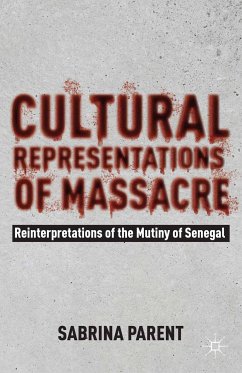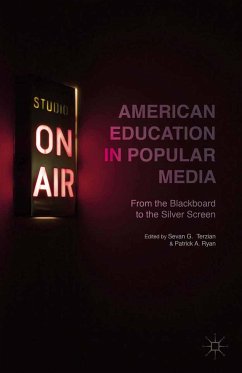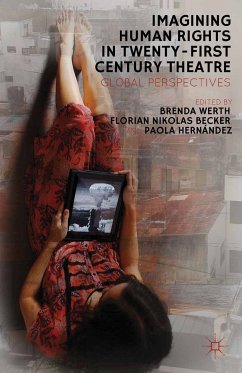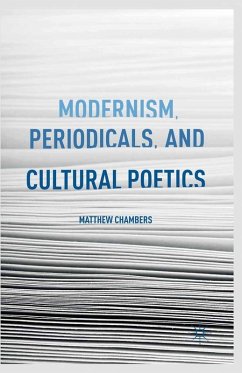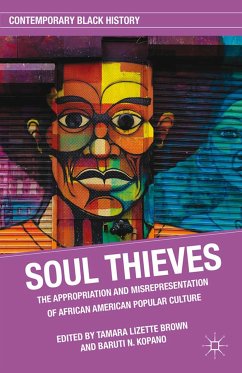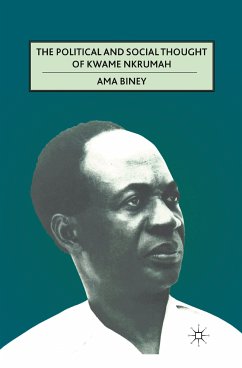
Modernism's Second Act: A Cultural Narrative (eBook, PDF)
Versandkostenfrei!
Sofort per Download lieferbar
40,95 €
inkl. MwSt.
Weitere Ausgaben:

PAYBACK Punkte
20 °P sammeln!
European modernism underwent a massive change from 1930 to 1960, as war altered the cultural landscape. This account of artists and writers in France and England explores how modernism survived under authoritarianism, whether Fascism, National Socialism, or Stalinism, and how these artists endured by balancing complicity and resistance.
Dieser Download kann aus rechtlichen Gründen nur mit Rechnungsadresse in A, B, BG, CY, CZ, D, DK, EW, E, FIN, F, GR, HR, H, IRL, I, LT, L, LR, M, NL, PL, P, R, S, SLO, SK ausgeliefert werden.



